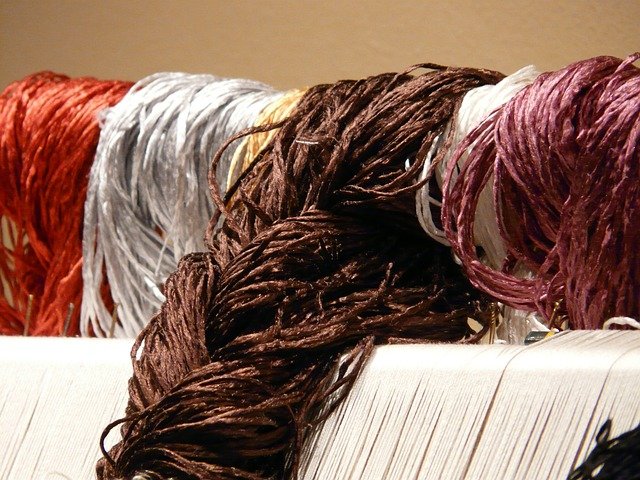Silk Carpet (What You Don't Know About Silk Carpet)
Silk carpets are produced all over the world. Your silk rug can be made in Qom (or Koma, a city in Central Iran), or imported from Turkey (Kayseri or Kilim), Persia and Kashmir, etc. Silk fibers were first obtained from the silkworm cocoon (more precisely the silkworm) in about 2600 B.C. in China. Other researchers claim that their place of origin was India. This is still a rather controversial issue, but there is no reason to doubt that silk was highly valued and appreciated by Indians. For many centuries, the art of weaving silk carpets has been passed down from generation to generation in Kashmir. Such products have been, and remain an indispensable attribute for religious rituals.
The oldest found silk carpet belonged to the Persian dynasty of the Sassanids, was called, “Spring of Khosrov” and was considered the oldest carpet product until the moment when the Pazyryk carpet was found in 1929, woven in the 5th century BC. The “Spring of Khosrow” was often used during the winter months by King Khosrow I (531-579 AD) to remind him of a spring garden.
Silk
Silk is a protein fiber made up of several amino acids. This material is five times stronger than steel and twice as strong as kevlar, a synthetic fiber. Silk does not lose its strength even under tension: it can be stretched up to 30% of its size without tearing.
In addition, silk has a number of advantages that are definitely worth noting:
– it can be easily combined with other materials;
– great for decoration;
– it is pleasant to the touch, lightweight and smooth in texture. Great for decorating complex structures.
Silk Carpet Care
Despite their durability, silk carpets are quite capricious in everyday life: they get dirty easily and lose their pattern if they are used in places with high traffic. This is especially true for hand-made thick silk carpets: embroidery and patterns can be damaged. In addition, removing stains from silk rugs is a laborious process. And if you decide to do it yourself, then remember a few simple rules:
– fresh stains are best removed, do not leave cleaning your carpet for later;
– if your dirt contains solid particles, then first remove this dirt, and then gently blot the excess liquid;
– a mild soda solution can help you fight the stain, be careful when using it;
– do not heat the material when drying the product, let it dry on its own.
It is worth remembering that mechanical action is contraindicated for silk carpets – cleaning with a vacuum cleaner or household products. Therefore, we strongly recommend that you carry out regular cleaning of silk carpets or remove the resulting dirt only in organizations that provide professional carpet cleaning services .
Artificial or real?
Silk carpet can be made from pure silk or woven with the addition of other fibers: woolen or cotton. Mixed carpets are considered to be more practical to use. Such products can be used both as floor coverings (decoration in and around the house) and as tapestries.
Silk carpets are quite expensive, so take extra care when buying them, beware of counterfeits. Sometimes other fibers are passed off as silk.
Here are some ways to check if your carpet is silk:
Rub and feel if the fabric heats up or stay cool. Silk gets warm.
Setting fire to a small piece if it melts or smells like a burning paper is not silk, as silk smells like burnt hair when burned.
Dissolve it with a special chemical formula; this test is best left to professionals.
A silk rug is a great addition to your home, and a great value for money. And while you may decide that silk carpets are better placed on the wall rather than on the floor, you can rest assured that you are buying something that will be pass from generation to generation in your family.
Looking for a professional?
Classy Carpet and Rug Cleaning is a company specializing in the maintenance and cleaning of rugs and carpets at home. We come to your home to clean, detach and disinfect your carpets using high-performance dry foam monobrush and injection extraction methods. Our processes eliminate bad odors, revive colors and reduce allergies by destroying dust mites. Our team responds quickly to your home or office.
Contact us NOW: (925) 621-0103
Continue reading about “Carpet Restoration“
